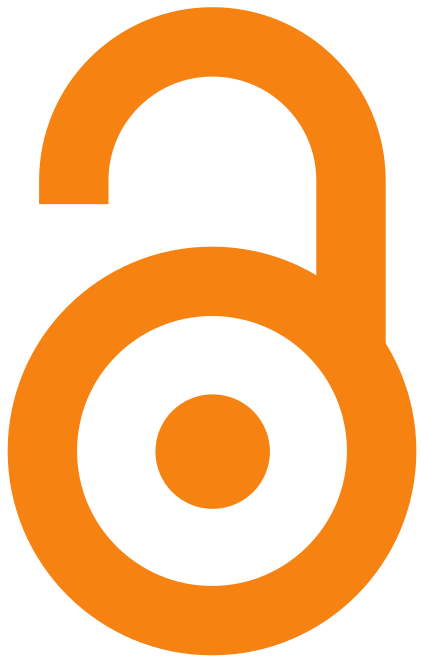 Open source once started in the computerworld, infecting the open culture movement, inspiring free music, and also left its seeds in the academic world, where the phenomenon is called 'open access'.
Open source once started in the computerworld, infecting the open culture movement, inspiring free music, and also left its seeds in the academic world, where the phenomenon is called 'open access'.The situation: when an academic wants to write a paper for a well-respected journal, he has to pay the publisher to be published (this can be as much as 1000 euro). Take notice of the fact that the academic person and the publication fee are both paid by public tax money. After the publishing, the university has to pay the subscription on this journal in order to put this paper in 1 of their libraries (this can be as much as 5000 euro). Again, this is paid by public money. If students want to make copies of this paper, they have to pay some royalties for the author, who has been writing this paper during his work for the university. You understand that in the internet era, this absurd situation can no longer stand. And that's why the publishing model is taking small steps towards a new model. Within the academic world, the Open Access model gains more and more success, while publishers are experimenting with more open license models.

This also happens thanks to initiatives of government bodies, like the European Uniion, who are worried what happens with tax payer's money. Recently the EU announced the OpenAIRE initiative. "OpenAIRE aims to support the implementation of Open Access in Europe. It provides the means to promote and realize the widespread adoption of the Open Access Policy."
Read more about OpenAIRE on its website.